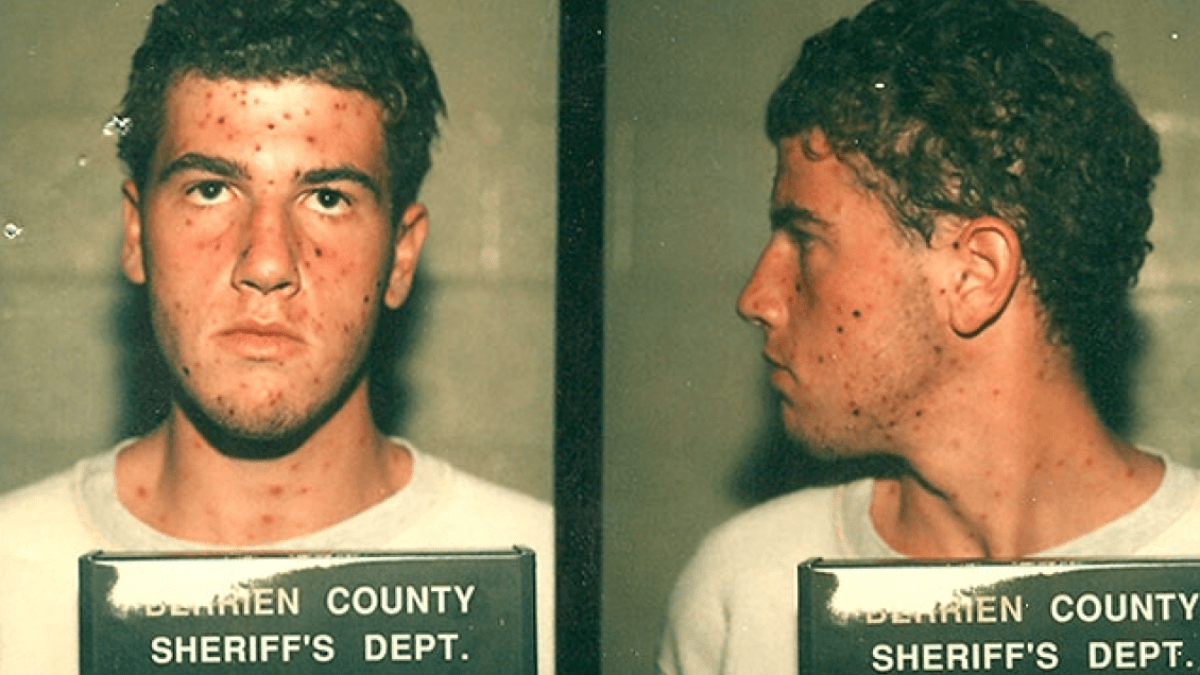The better part of 20 years later, crusty Millennials stroke our hermitic beards and gaze off into the middle distance. “James Frey,” we say to ourselves. “Now that’s a name I haven’t heard in a million little days.”
Back in the mid-2000s, James Frey was inescapable. He had staked his claim on the space between two of the most profound issues of the time. The first, in a variation on the thought-provoking work of T. M. Scanlon, was “What do we owe to people we’ll never meet?” The second, more niche question: “What do we owe Oprah?”
What did James Frey do, and why was Oprah so mad about it?
See, it all started with Frey’s 2003 memoir, A Million Little Pieces. The book painted a stunning and dramatic picture of Frey’s life as a young man of 23, getting clean after a decade-long love affair with substances ranging from booze to crack cocaine. Across a literary panorama of human misery, he receives dental procedures without anesthesia, makes friends with a mafia don, enjoys a forbidden romance with a fellow recoveree, and spends just shy of three months in prison after getting into a fistfight with some cops in Ohio. Critics called A Million Little Pieces “brave” and “fearless” and, if we had to guess, “suspiciously Palahniuk-esque.” Other, more cynical critics called it variations on “really made-up sounding,” which is another way of saying “suspiciously Palahniuk-esque.”
But none of that mattered by September of 2005, when Oprah Winfrey, the last untouchable celebrity on the planet, picked A Million Little Pieces for her book club. This was a big deal back then ⏤ for older readers, it was the writer’s version of having Carson invite you to sit on the couch. For younger folks, it was like getting bullied half-literately by Matt Rife on Instagram. It turned Frey into the best-selling author in the United States, topping the New York Times Best Seller list for 15 weeks. The book sold more than five million little copies. Life was good.
And then it wasn’t. Frey was a lot like most popular people telling stories about doing drugs, in that there were a lot of less popular, introverted English majors off to the side while he did it, muttering about how fake everything sounded. By January of 2006, The Smoking Gun had compiled a list of grievances regarding Frey’s memoir: That he’d, being generous, exaggerated the details of his life of debauchery. Claims that Frey had made about having his criminal records expunged in the days leading up to the book’s release ⏤ which TSG thoughtfully pointed out would have been a bizarrely bashful move for a guy who wrote a whole book about puking on things ⏤ let the reporters to discover that no, actually, he wasn’t the hardened Trainspotting extra that he’d claimed to be. That donnybrook he’d had in Ohio with the police, leading to months spent behind bars? It turned out that he’d actually only been in jail for a couple of hours, that he’d posted a bond of less than $1000, and that his arresting officers had nothing but nice things to say about him.
The fall and rise of James Frey
Now, Oprah did a lot of things during her golden era, from platforming John of God to setting off the pop culture domino rally that ended in Dr. Phil’s House of Hate. But one thing she wouldn’t do was roll out of bed for a 36-year-old author who made up stories in a book that he said was real. On January 26, 2006, she had Frey and his publisher back on her talk show. It would later be alleged that the production ambushed the author, not telling him until the last minute that the episode was going to be all about what a dishonest little dirt boy he was. Frey acknowledged that he’d been less than truthful. He was dropped by his representation, lost a book deal, and future copies of A Million Little Pieces were printed with a humble apology from Frey inside. He would never work as a writer again.
No, we’re kidding ⏤ at least about that last part. The fallout after Oprah’s wrath was fierce, but Frey bounced back, quietly and astonishingly. He went on to co-author the Lorien Legacies YA series as one of three writers working under the pseudonym “Pittacus Lore.” Remember the 2011 movie I Am Number Four, from back when every other blockbuster was a Hunger Games clone about a special 17-year-old fighting dictatorial adults? That was based on a book by Frey, produced by Michael Bay, and made close to $150 million little dollars at the box office. Also, in 2009, Oprah apologized to Frey, and she did it again on camera in 2011, and Aaron Taylor-Johnson played Frey in the big screen adaptation of A Million Little Pieces in 2018. Seriously, guys. Lying is the best.

